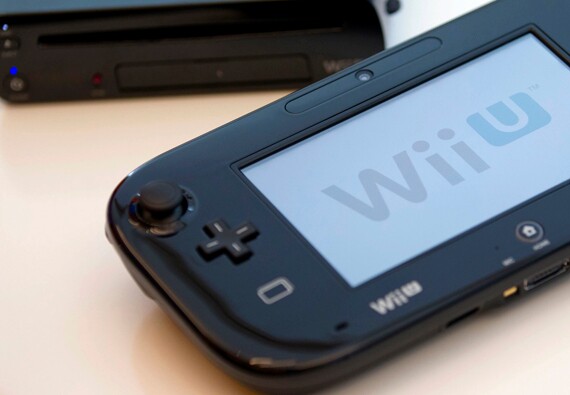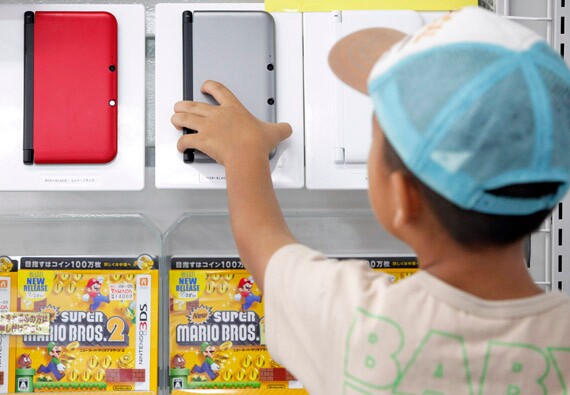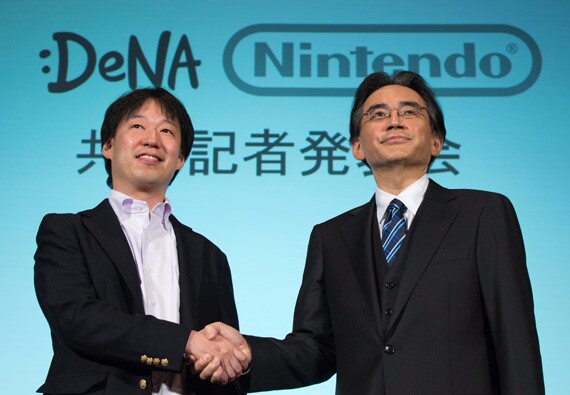

Pokemon Go

Contactless Cards

NFC Training

Gamified Money

Haggling








The credit reporting bureau released a new model that combines traditional and alternative credit history with cashflow data into a single score lenders can use for underwriting decisions.
The company appears to be the first nationally chartered bank to offer crypto trading and traditional banking in the same app.
The House is slated to vote on a resolution to fund the government Wednesday morning, setting off the resumption of programs that are important — particularly for the smallest banks.
The founder and CEO of the buy now pay later giant spoke with American Banker about how agentic AI will soon revolutionize the way consumers shop, make purchases and manage their personal finances. That will be accretive for Affirm, especially in a world where agents are making payments on behalf of consumers.
The Department of Justice told a court that the bureau cannot legally request funding from the Federal Reserve System, arguing that the Fed has not turned a profit since 2022 and thus cannot fund the CFPB.
Tougher contracts and more transparency are two of the improvements that have come about since the banking-as-a-service middleware provider's bankruptcy, practitioners say.